Selfie-Sabotage
Social media can be a self-esteem black hole for women. In her new book, author Alice Marwick explains why.


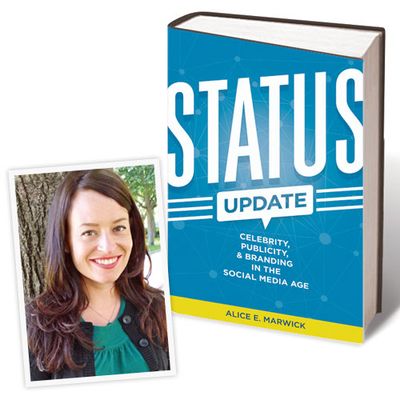
Women spend 30 percent more time on social-networking sites than men do. Apart from being a time-suck, women's online activities are judged more harshly than men's. That's what Fordham University professor Alice Marwick found while researching her new book, Status Update: Celebrity, Publicity, and Branding in the Social Media Age (Yale University Press). In a chat with MC, she explains the benefits and costs of online branding as a female.
MARIE CLAIRE: Is all that time women spend online worth it?
ALICE MARWICK: It is if you're spending time on the right things. You can't depend on a company to take care of your career anymore, so it's important to differentiate yourself from other candidates by promoting your work. One hundred likes on a picture of your dog is going to have no impact on your life, but companies often hire individuals with heavy blog presences.
MC: Why do you say there's a higher standard for women to live up to online?
AM: We know that women are judged on appearance in the workplace in a way that men generally are not, and the Internet has amplified that because it allows for a broader audience. Women must adhere to normative standards of beauty and fashion or they're criticized.
MC: But everybody posts selfies! Where should you draw the line?
AM: The more attention you get online, the more you value that attention and want more. I've seen a lot of women build a personal brand around their appearance. While I understand why women might do that, it can also be quite dangerous. It's important to distinguish images for a professional context rather than posting thousands of selfies with cleavage and bikinis. You should be able to do that, but if you do, you're going be taken less seriously.
MC: Where are women winning online?
AM: Women get positive feedback in stereotypically feminine areas: fashion, motherhood, and food. In this "women's realm," women are allowed to speak without criticism because they're talking about things that are deemed less important. I worry women are relegated to places where they won't be attacked but where they're not able to explore broad interests outside of
Stay In The Know
Get exclusive access to fashion and beauty trends, hot-off-the-press celebrity news, and more.
Allison Yarrow is a journalist and the author of 90s Bitch: Media, Culture, and The Failed Promise of Gender Equality, to be published by Harper Perennial in June.
-
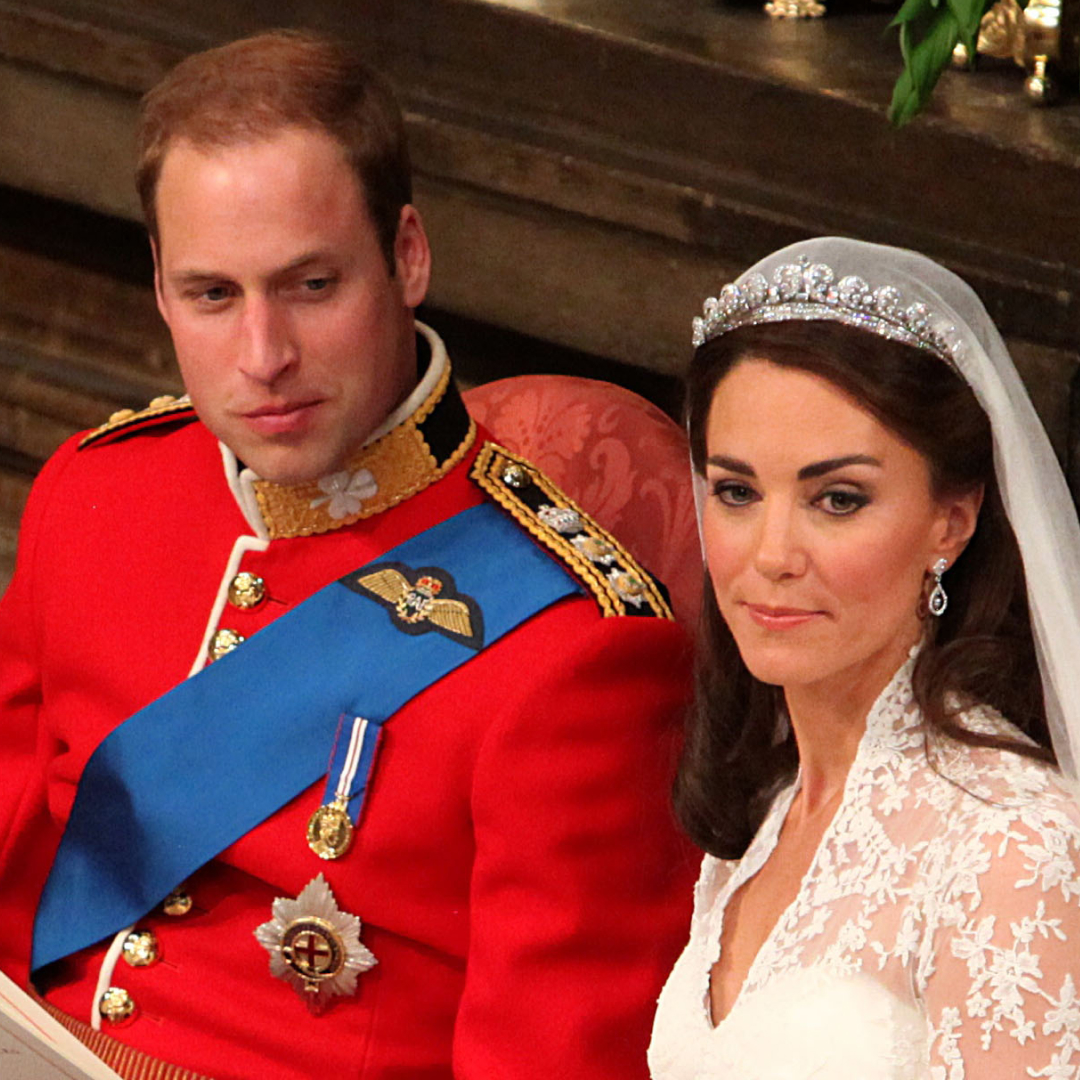 Why Prince William's Exes Attended His Wedding to Kate Middleton
Why Prince William's Exes Attended His Wedding to Kate MiddletonThe exes were invited "due to a more peculiar upper class British tradition."
By Amy Mackelden
-
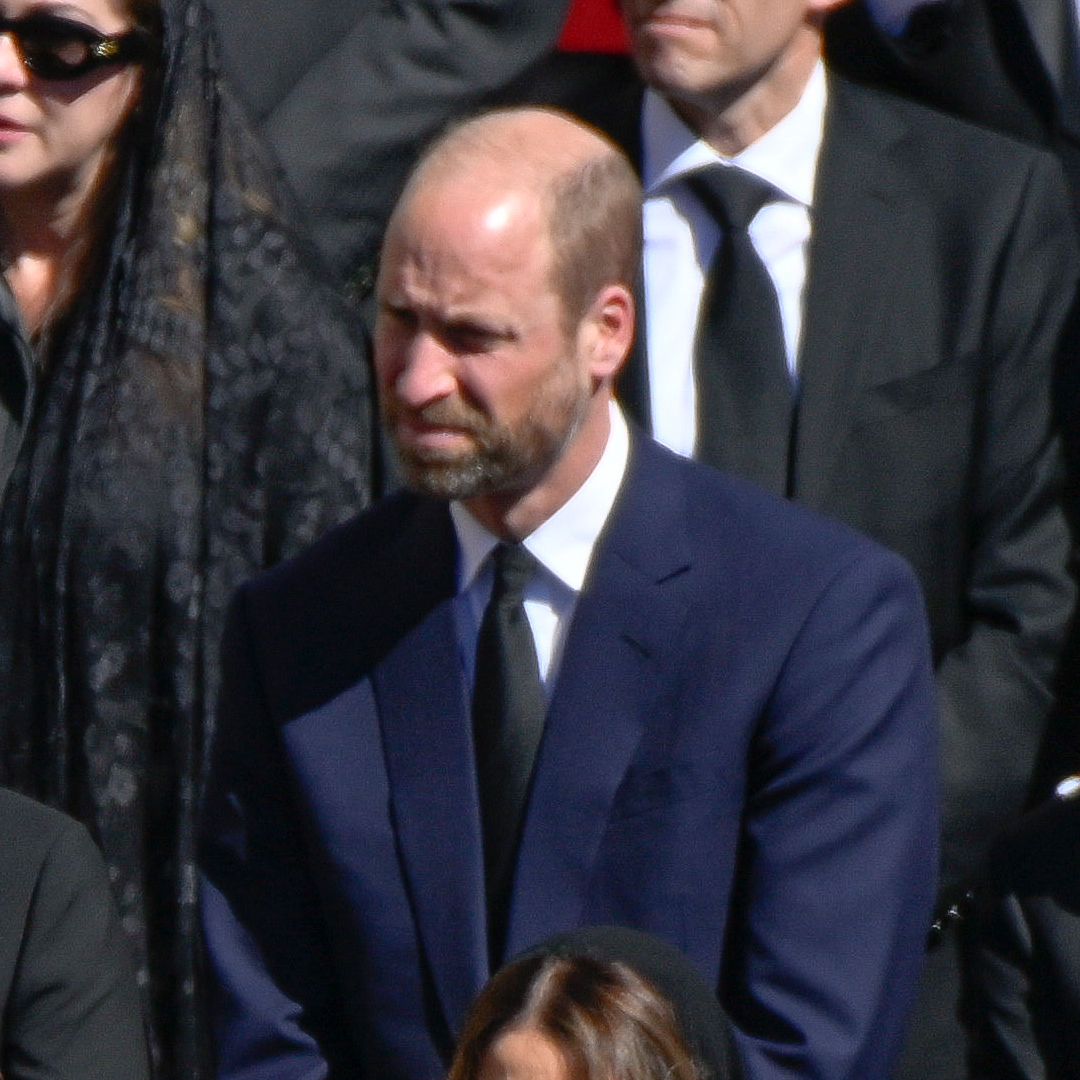 Why Prince William "Stepped in" for King Charles at the Pope's Funeral
Why Prince William "Stepped in" for King Charles at the Pope's FuneralThe seating plan was described as a "master plan" of "big egos."
By Amy Mackelden
-
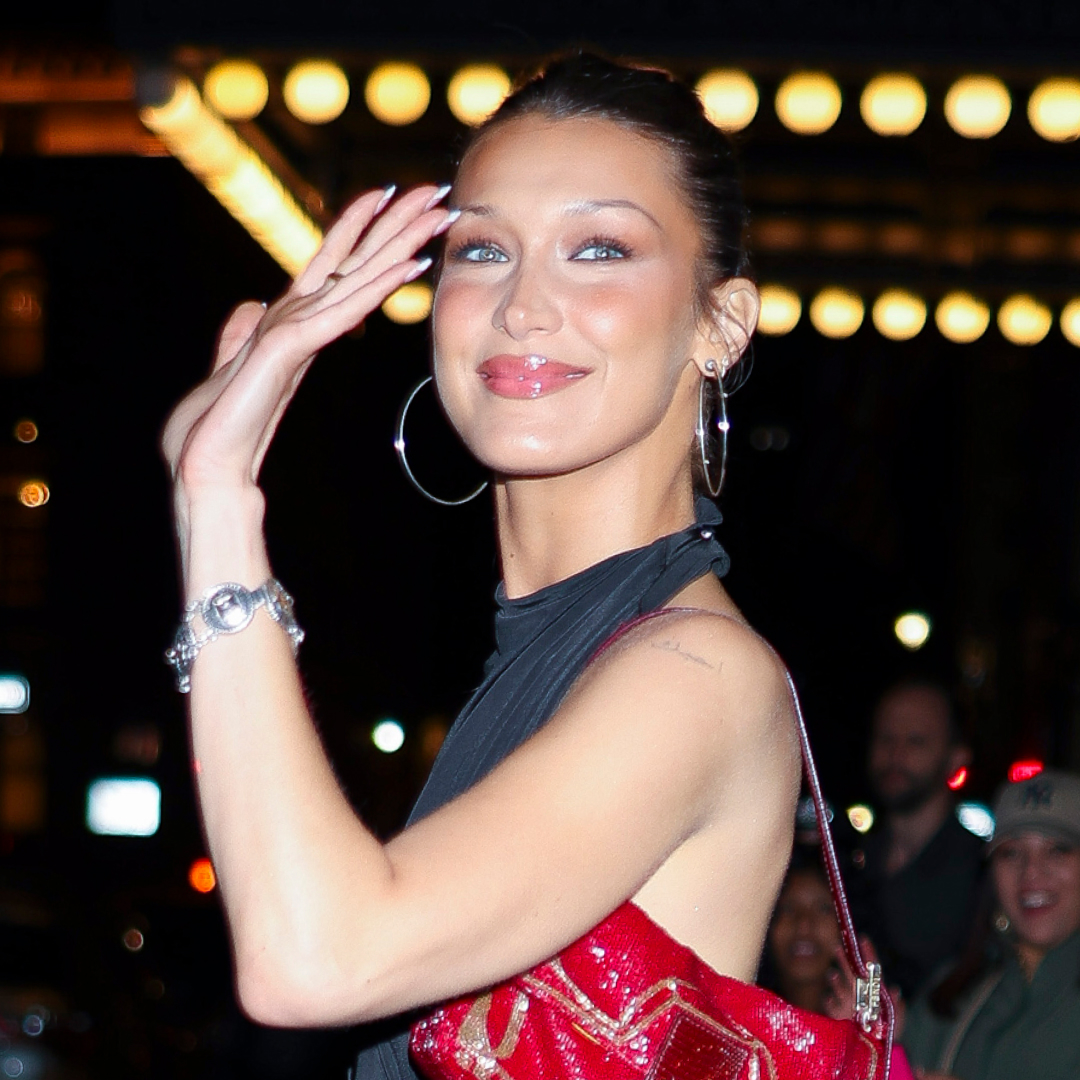 A Vintage Fendi Baguette Is Bella Hadid's Plus-One
A Vintage Fendi Baguette Is Bella Hadid's Plus-OneThe model paired her skintight capri jumpsuit with pointed-toe heels.
By Amy Mackelden
-
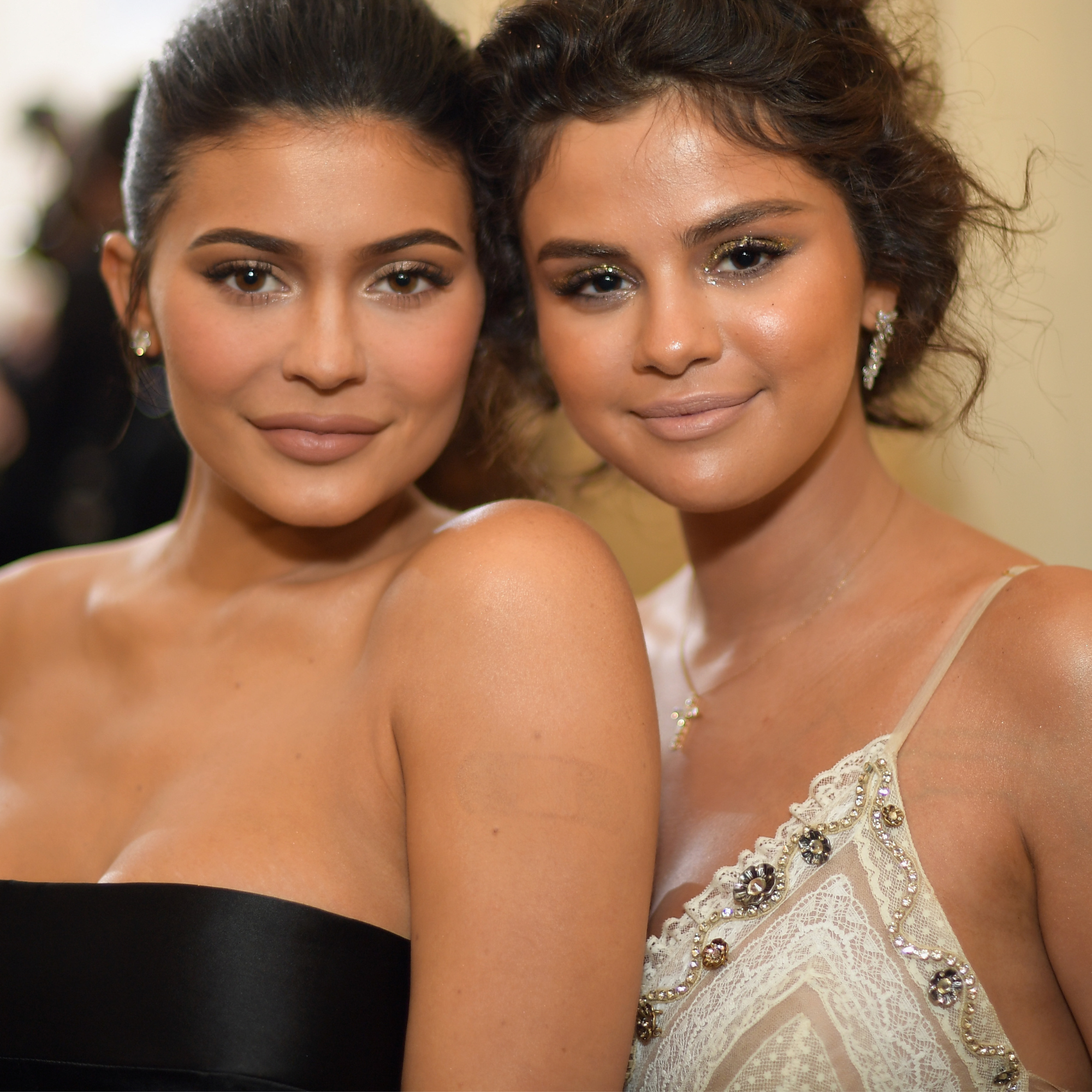 Selena Gomez Replaced Kylie Jenner as the Most Followed Woman on Instagram, Even Amid Social Media Break
Selena Gomez Replaced Kylie Jenner as the Most Followed Woman on Instagram, Even Amid Social Media BreakThat's quite something.
By Iris Goldsztajn
-
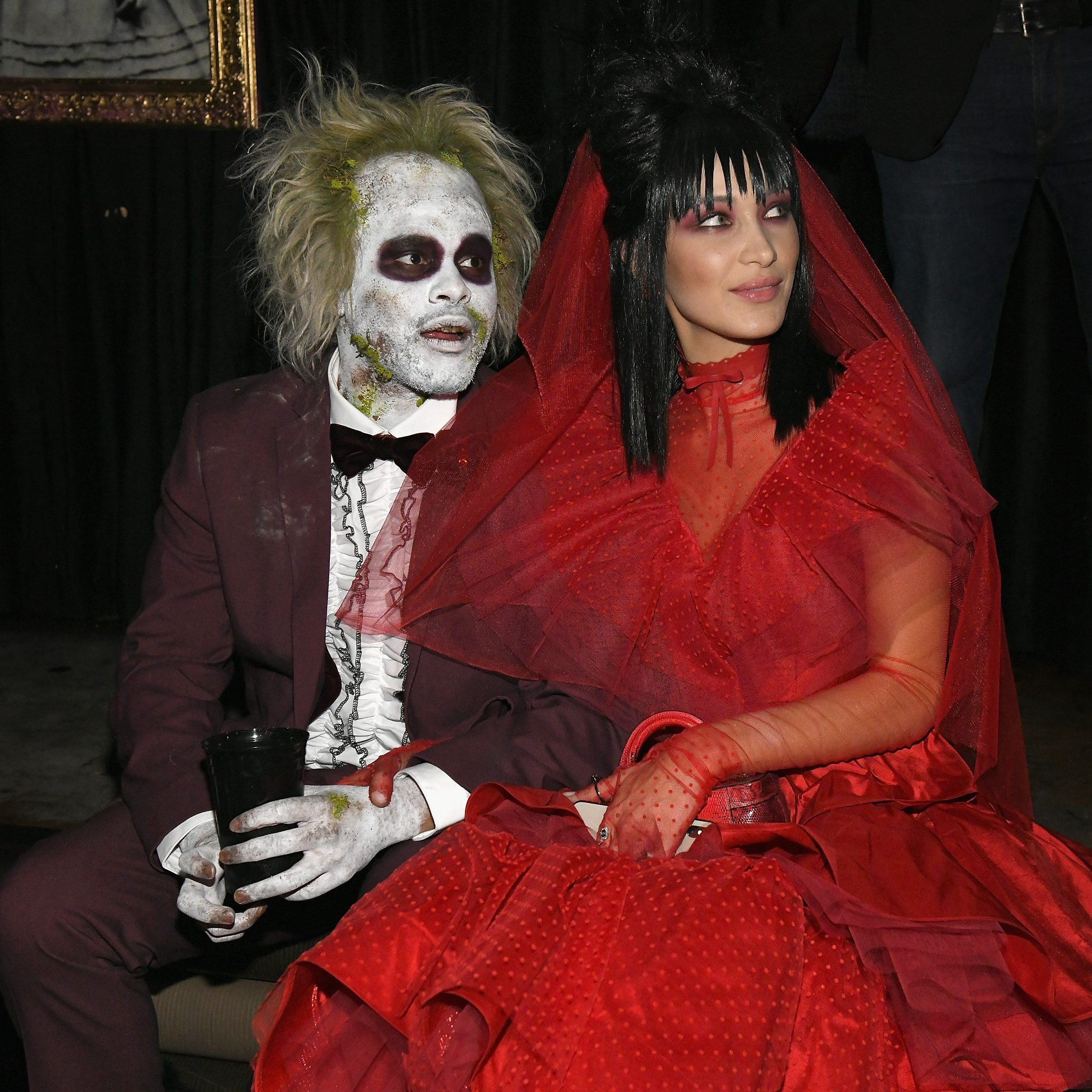 The 78 Best Celebrity Couple Halloween Costumes of All Time
The 78 Best Celebrity Couple Halloween Costumes of All TimeHonestly, we're impressed.
By Charlotte Chilton
-
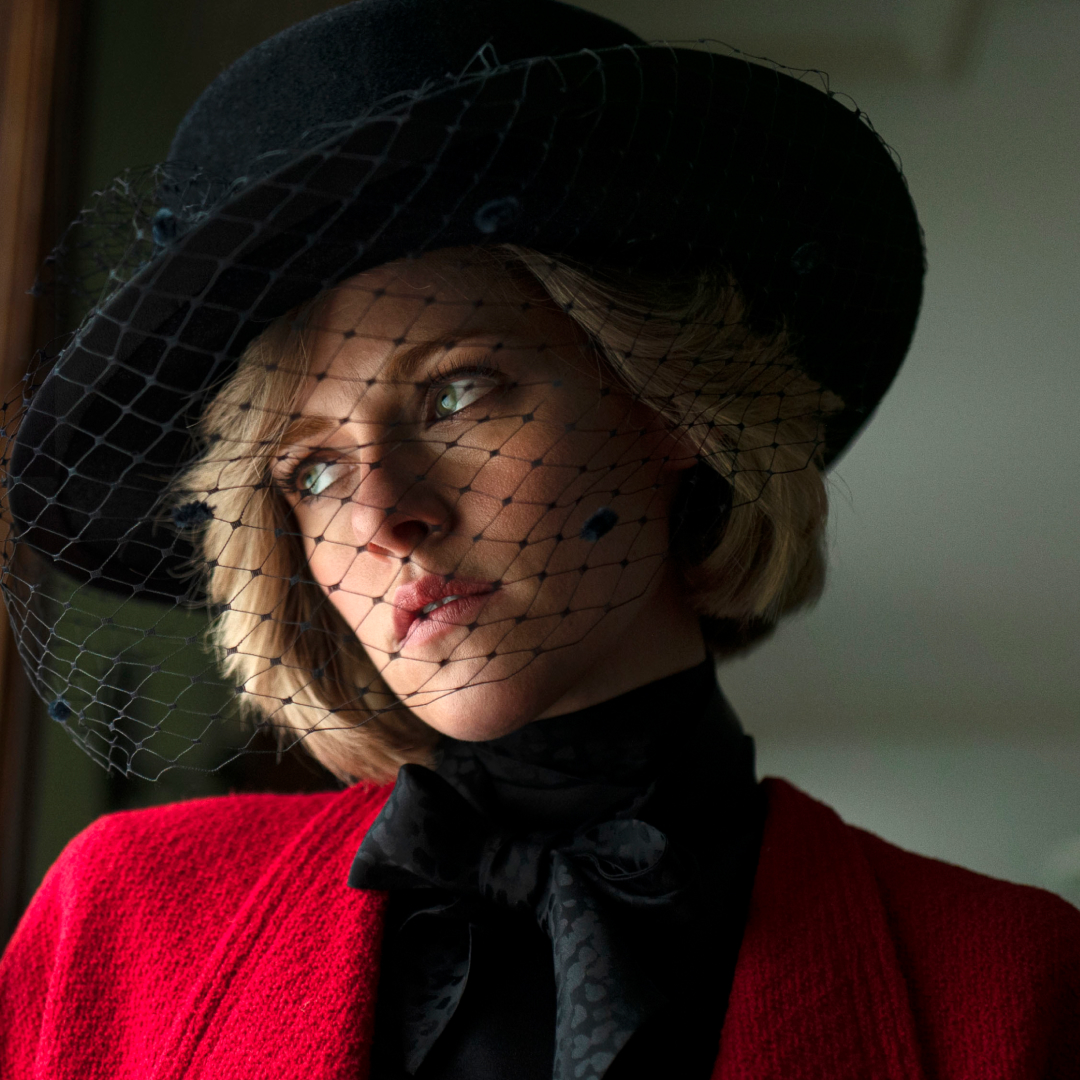 15 Captivating Films About Royal Life and the Monarchy
15 Captivating Films About Royal Life and the MonarchyWatch these movies if you wish there was more of 'The Crown' on the way.
By Nicole Briese
-
 Kanye West Has Been Banned From Instagram for 24 Hours Over Harassing Posts
Kanye West Has Been Banned From Instagram for 24 Hours Over Harassing PostsHe attacked Kim Kardashian, Pete Davidson and more on social media.
By Iris Goldsztajn
-
 Pete Davidson Is Back on Instagram and Only Follows 2 People—Including Kim Kardashian
Pete Davidson Is Back on Instagram and Only Follows 2 People—Including Kim KardashianAnd... Sebastian Stan?
By Iris Goldsztajn
-
 Who Is Jonathan Owens, Simone Biles's Fiancé and NFL Player?
Who Is Jonathan Owens, Simone Biles's Fiancé and NFL Player?Features "The easiest yes!" Simone wrote about the couple's engagement.
By The Editors
-
 James Blunt Threatened to Release New Music on Spotify If They Didn't Remove Joe Rogan's Podcast
James Blunt Threatened to Release New Music on Spotify If They Didn't Remove Joe Rogan's PodcastSpotify execs are shaking in their boots.
By Iris Goldsztajn
-
 The Best Celebrity 'Squid Game' Costumes
The Best Celebrity 'Squid Game' CostumesFeatures A handful of stars chose this year's most popular theme.
By Quinci LeGardye